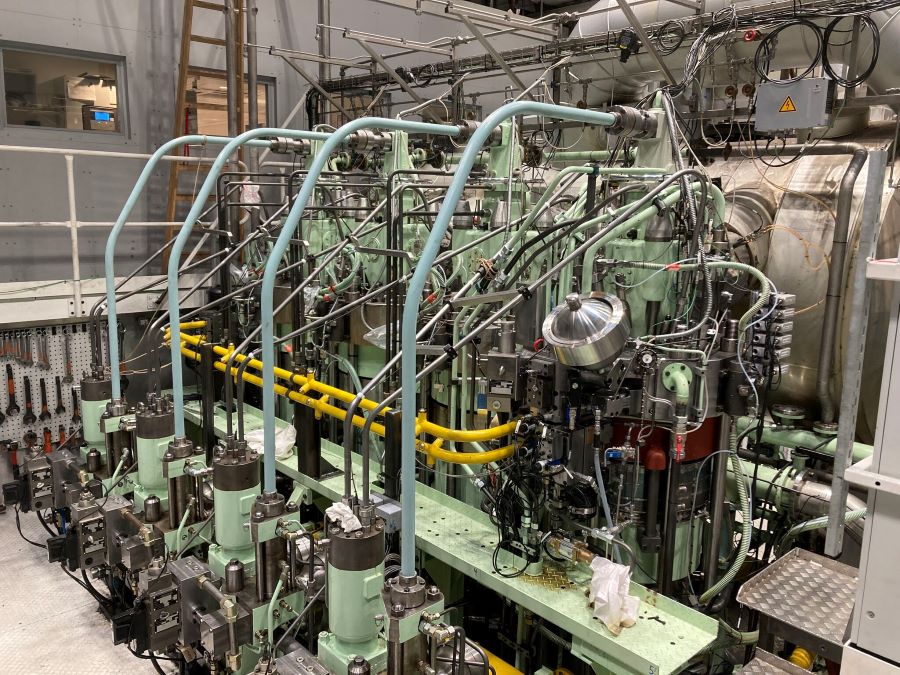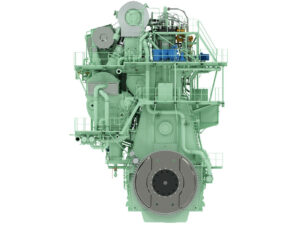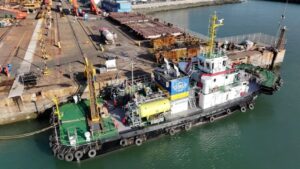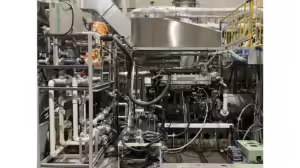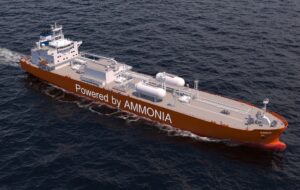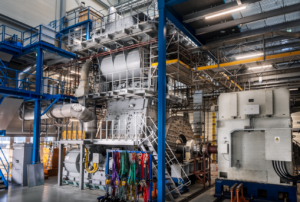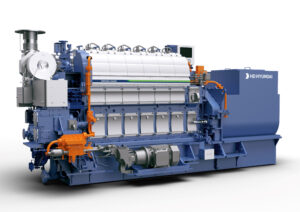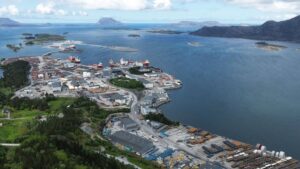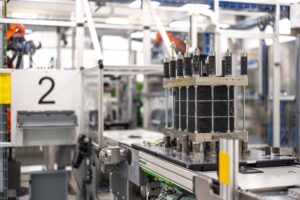MAN ES unleashes a wave of innovation with 37 ammonia tech patent applications
German engine manufacturer MAN Energy Solutions has filed an impressive 37 patent applications as part of its research and development process for an ammonia-powered marine engine.
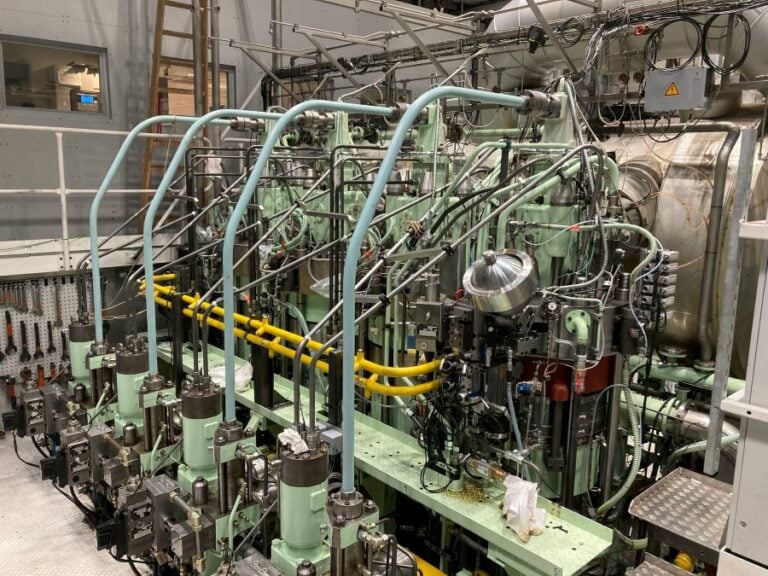
The company has so far completed 71,000 R&D man hours, equalling 48 R&D man years.
Investigating the combustibility of its two-stroke ammonia-powered engine began in 2019, while hazard identification and hazard operation studies have been ongoing since 2020. The project kicked off in 2020 when its 4T50ME-X test engine became a platform for ammonia engine development. This was followed by a HAZID workshop on the engine concept and the combustion chamber’s first evaluation.
In 2021, the company defined the basic concept for the engine and ammonia fuel supply system.
MAN Energy Solutions was granted 6 patents, two in 2020 and four in 2022, with 3 additional filed during this period. Fifteen additional patent applications were filled in 2022, with 9 more following in 2023 and four additional patent applications expected to be filled soon.
The applications extend beyond the engine itself and encompass also safety systems vital to ammonia operations.
“We have already been granted six patents, and we are continuing to invest in this endeavor,” Nikolaos Kourtidis, Two-Stroke Promotion &Customer Support representative of MAN Energy Solutions, said during a recent webinar on a large ammonia-fuelled vessel developed by Foreship and Seaspan.
“The idea is that by the end of 2024, we will have a well-engineered product that is safe and reliable, aligning with our MAN brand’s reputation.”
In July 2023, the company completed combustion tests on its two-stroke ammonia engine at its Research Center in Copenhagen followed by successful running on 100% engine load on ammonia in August.
Related Article
-
MAN ES reaches milestone in ammonia engine testing
Business Developments & Projects
Further tests are slated for 2023 and 2024, coinciding with the design and testing of a commercial version of the ammonia engine. The engine delivery is set for 2024 when the world’s first ammonia-fueled engine is set to be delivered to the yard.
The engine itself utilizes the Low-Grade Ignition (LGI) combustion principle, akin to MAN Energy Solutions’ methanol engines. While the components are designed for ammonia operation, the diesel cycle is employed. During compression, air trapped inside the cylinder is compressed, and a small pilot oil ignites. This ignition source is used to release ammonia, with initial pilot tests ranging from 10% to 15%, and an R&D goal of reaching 5%.
Additionally, research is ongoing regarding the engine’s operation on fuel oil mode, with early results showing performance identical to conventional diesel engines, particularly in terms of nitrous oxide emissions. Plans are in place to remove nitrous oxide through engine tuning, while alternative methods such as utilizing a reactor remain under consideration.
The innovation extends beyond the engine itself. MAN Energy Solutions has invested heavily in surrounding systems, including ammonia card systems, bunkering facilities with sprinkler systems, ammonia bunkering stations, service tanks, and double-wall ventilation absorbers that act as small scrubbers in the event of an outlet. Three months of testing have confirmed the safety and operational effectiveness of these systems.
“We have been conducting the tests for three months now and we have been able to confirm the safety of operation and the actual operation of the systems without any leaks. Therefore, our confidence that the concept is working, as is designed to do, is growing,” Kourtidis said.

